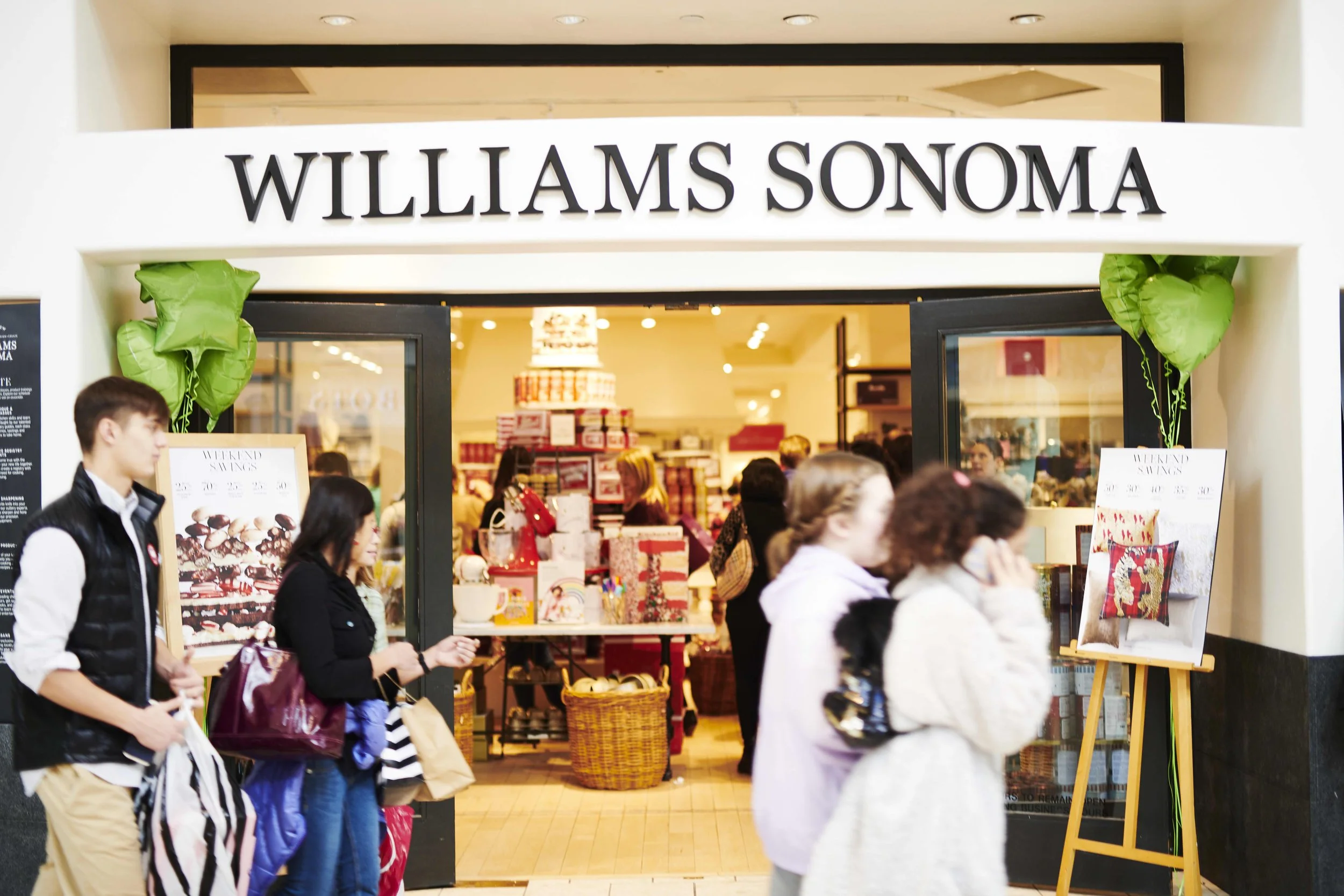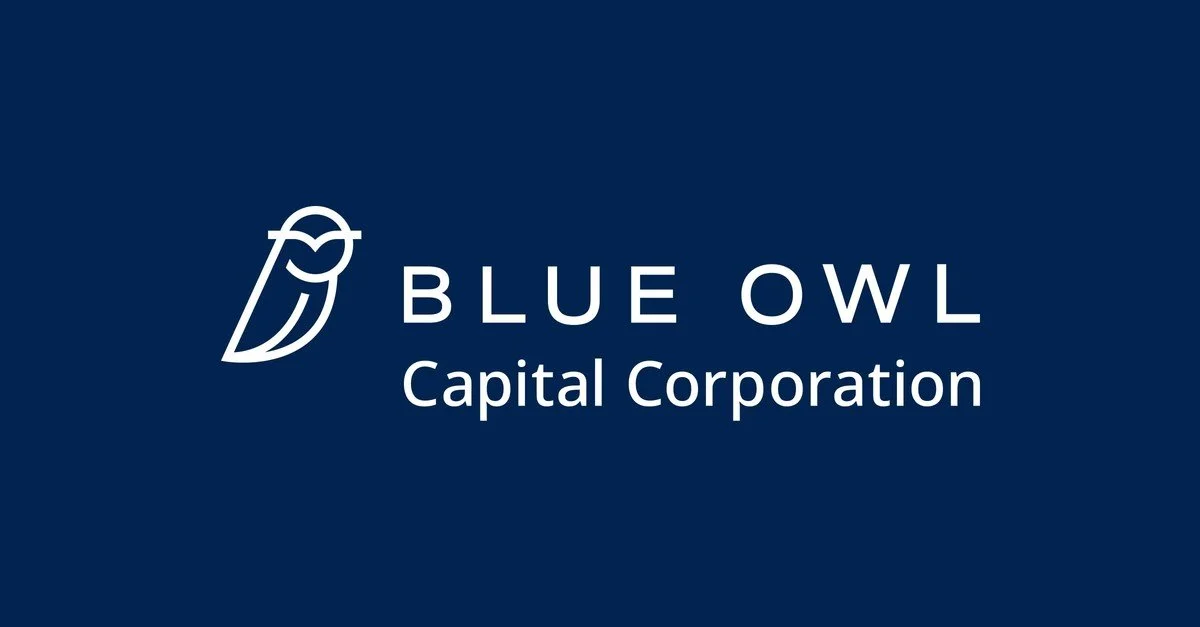VICI | Q3 2025
The content provided on this website, including any communications, posts, videos, social media interactions, and other materials, is for informational and educational purposes only. It should not be considered as financial or investment advice. Read our full disclaimer here.
Links
Link to Transcript
Link to 10-Q
Overview
FFO of $0.71 misses by $0.01.
Revenue of $1B (+3.7% Y/Y) in-line.
KEY Takeaways
AFFO per share up 5.3% year-over-year to $0.60.
The quarterly dividend rose 4% to $0.45 per share — VICI’s eighth consecutive annual increase since inception.
2025 AFFO per share guidance raised slightly to $2.36–$2.37, implying about 4.6% growth at the midpoint.
Net debt/EBITDA at 5x (low end of target); debt maturities well-laddered; average interest rate around 4.5% with 6+ years to maturity.
Slight summer slowdown in Las Vegas driven by fewer Canadian visitors and Spirit flight cuts, but convention demand is a major offset and long-term strength.
VICI owns ~6 million sq. ft. of convention space and sees Vegas widening its lead as the U.S. convention capital.
The company is exploring university sports facilities and theme parks as long-term “experiential” opportunities, though still early in discussions.
NOTES
VICI Properties’ (VICI) Q3 continued its streak of steady growth, a conservative balance sheet, and a management team that’s clearly thinking beyond the next quarter.
As far as the numbers go, the quarter was straightforward. AFFO per share came in at $0.60 versus $0.57 a year ago, reflecting 5.3% growth.
Fortunately for shareholders, the dividend also grew this quarter. The quarterly payout is now $0.45 per share (up 4%), which marks VICI’s eighth consecutive annual increase since it was created.
Regarding guidance, they raised the low end of their 2025 AFFO per share range by a penny. The new range is $2.36–$2.37, implying about 4.6% growth at the midpoint for the year.
It’s a small tweak, but it points in the right direction and reinforces the idea that 5%ish AFFO per share growth is a reasonable “run-rate” expectation unless something big changes in the portfolio.
With that, the balance sheet still looks solid. Net debt to EBITDA is about 5x, which is the low end of their 5–5.5x target band, and they’ve laddered their maturities so that roughly 10% of their debt comes due in any given year.
The average interest rate sits at around 4.5% with just over six years to maturity. Ed Pitoniak spent time explaining why they care as much about the ladder as the leverage ratio itself: in a worst-case scenario where credit markets seize up, they want enough free cash flow after interest to comfortably handle maturing debt without panicking.
Right now, they’re retaining something in the ballpark of $600 million a year internally, which gives them real flexibility to grow without constantly tapping the equity markets.
Strategically, Ed opened the call with a big-picture riff that actually ties back to what VICI owns. He referenced a piece by Viktor Shvets arguing that we’re in the middle of a major transition in capitalism and that investors should focus on sectors supported by long-term structural forces, not just short-term cycles.
Ed’s takeaway is that in a world that feels increasingly weird and unstable, people will keep seeking “balm” — his word — in the form of connection, entertainment, play, and wellness. That’s exactly the kind of real estate VICI wants to own: places where people go to feel better, not just buy stuff.
At the same time, he was very clear that they’re obsessed with avoiding the classic real estate sins: oversupply, obsolescence, and capital destruction. The filter for them is: does this experiential asset have staying power, is there a risk someone overbuilds the market, and will the real estate still be relevant 10–20 years from now?
The fact that AFFO per share is still growing mid-single digits in a questionable macro backdrop is, in his view, proof that this discipline has worked so far.
On the deal front, the only notable transaction they talked about was MGM Northfield Park. MGM is selling the operations to Clairvest, a Canadian private equity firm that’s very active in gaming.
When the deal closes, VICI will have a new single-asset lease with Clairvest and will amend the MGM master lease. Rent from Northfield Park will be $53–54 million annually, and the MGM master lease will decline by the same amount. So, for VICI, total rent doesn’t change — it’s essentially just a tenant swap on that property.
Understandably, for a single-asset lease with a smaller operator, they want higher rent coverage than they would demand inside a big diversified master lease with MGM. They said coverage at Northfield looks good, and their contracts are written so that VICI does not end up economically worse off when leases are “severed” like this.
Also understandably, the call spent a fair amount of time on Las Vegas, where the headlines have been noisy lately. There’s been some softness in Strip visitation this summer, driven in part by fewer Canadian visitors and reduced capacity from Spirit Airlines, and that’s fed into concerns about leisure demand.
Management’s view is that these are just short-term headwinds, and not a structural crack in the Vegas story. They pointed out that some assets, like The Venetian, are still putting up record hotel revenue and strong gaming volumes.
On top of that, they see the convention and group business as a huge, underappreciated strength of the city. Convention visitors spend roughly a third more per trip than leisure visitors, and VICI owns nearly 6 million square feet of convention, conference, and trade show space on the Strip.
Ed went out of his way to argue that Vegas has actually widened its lead over other U.S. convention destinations because so many other cities have underinvested in their hotels and large venues. They also have a live call right to buy the Caesars Forum Convention Center and are actively debating if and when to exercise it, alongside other capital allocation options.
Outside of Vegas, there were a few key themes in the Q&A. One is Caesars, and the noise around some of their regional properties.
Analysts asked how VICI approaches lease amendments and portfolio reshuffling with big tenants. Ed’s answer was basically: this is what we’ve been doing since day one. VICI was “born with challenges,” and they’ve repeatedly worked through messy situations by helping tenants exit non-core assets while protecting VICI’s economics.
If Caesars wants to reposition parts of its portfolio, VICI will use the same framework they’ve used before: figure out which assets both sides want to own long term, which ones they don’t, and then design a win-win solution.
The risk, obviously, is that if a major tenant’s operating performance weakens, you can end up doing more work behind the scenes, but management sounded confident and emphasized they have time and a track record of fixing these things without blowing up shareholder value.
Another big topic was the growth pipeline beyond traditional casinos. John Payne talked a lot about “experiential” categories they’re digging into, with university sports being the most interesting example.
College athletics is going through major structural change, and universities are under pressure to upgrade stadiums, arenas, practice facilities, and other infrastructure without unlimited access to cheap municipal debt.
VICI is pitching itself as a long-term capital partner that can own or finance this real estate with a multi-decade horizon, which fits universities better than 5–7-year private equity funds. They haven’t closed a deal yet and stressed that they’re still in the education and structuring phase, but they clearly see a big long-run opportunity there.
They’re also spending time on theme parks and attractions. They’ve looked at the U.S. attraction space, including what’s been happening around Six Flags, but haven’t done a transaction yet.
The constraint is making sure there’s enough true real property (land, buildings, infrastructure) that fits within REIT rules, rather than just owning a pile of roller coasters and rides. If they do something in this space, it will be structured so VICI clearly owns the real estate and gets paid for it.
If you zoom out, things with VICI still seem to be in great shape, and it sounds like the management team is thinking in decades, not quarters. The company isn’t chasing growth just for the sake of it — they’re trying to be picky about where they deploy capital while the existing portfolio continues to do its job.




Revenue of $24.6B (+9.3% Y/Y) beats by $440M. Non-GAAP EPS of $2.46 in-line.